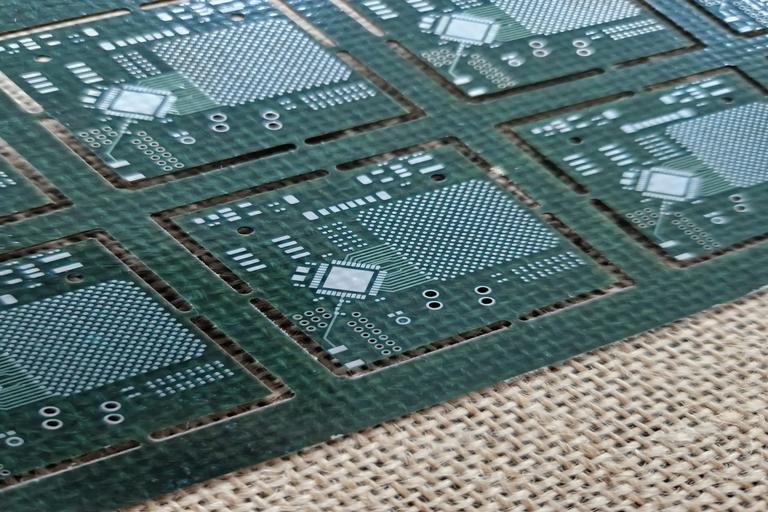London Researchers Develop Biodegradable Circuit Boards
Scientists at a leading London university unveil a new type of circuit board made entirely from compostable materials, aiming to reduce electronic waste.
2025-07-13 19:46 | By Sophie Bennett

In a breakthrough that could reshape the electronics industry, researchers in London have developed biodegradable circuit boards made entirely from natural materials. The innovation is part of a growing push to tackle the mounting environmental impact of electronic waste.
The project, led by a team at Imperial College London, focuses on replacing traditional fibreglass and plastic components with compostable substrates derived from plant fibres. The biodegradable boards can decompose within 12 weeks in industrial composting conditions, leaving no toxic residue.
Lead engineer Dr. Priya Khanna explained that the new boards maintain comparable electrical conductivity and durability for low-power applications. 'This isn't about replacing high-end processors just yet,' she said, 'but it's a huge step forward for disposable or short-life electronics.'
Biodegradable circuit boards are particularly suited for devices such as environmental sensors, smart packaging, and wearable health trackers. These products often have short operational lives and currently contribute disproportionately to landfill-bound e-waste.
Globally, electronic waste exceeds 50 million tonnes annually, with less than 20% properly recycled. Hazardous substances like lead and brominated flame retardants in conventional boards pose long-term risks to soil and groundwater. The London team hopes their invention will alleviate this burden.
The boards use a cellulose-based backing, combined with conductive inks made from silver nanoparticles and organic binders. They can be produced using conventional screen-printing methods, making them compatible with existing small-scale manufacturing lines.
In collaboration with a sustainable packaging startup, the researchers are now testing commercial applications in smart food labels and single-use medical diagnostics. If successful, it could usher in a new market for eco-electronics with minimal end-of-life management costs.
Funding has come from Innovate UK and the European Circular Economy initiative, signalling strong institutional interest in greener tech development. The team also plans to publish full technical data later this year to encourage replication and refinement by other laboratories.
Experts believe the timing is right. 'We're at a turning point where environmental impact is becoming a design priority, not an afterthought,' said tech analyst Louise Harding. 'This work out of London may prove to be an early but vital piece of the puzzle.'